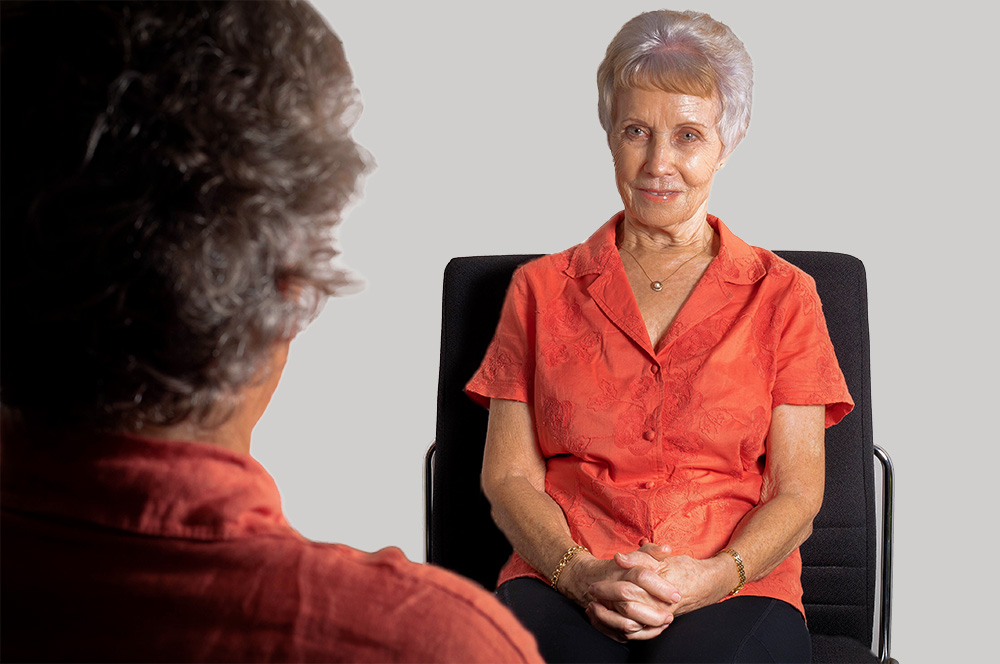What is counselling?
Counselling is a collaborative, goal-focused conversation. We work with your strengths to ease distress, understand patterns, and build skills for what’s next—using plain language and evidence-based approaches.
Who is it for?
People come to counselling to:
-
reduce anxiety, stress, and overwhelm
-
navigate grief and loss
-
work through low mood or burnout
-
improve communication and boundaries
-
repair or clarify relationships (family, partner, workplace)
-
face big decisions and life transitions
-
process trauma in a trauma-informed, paced way
Areas we work with
Emotional health
Anxiety • low mood • shame • anger • self-criticism • overwhelm
Relationships & family
Communication • conflict • boundaries • caregiving • separation/divorce
Life changes & loss
Bereavement • illness • redundancy/retirement • migration • identity shifts
Meaning & values
Purpose • vocation • faith questions • spirituality (in your language)
How we work
-
Collaborative. We agree focus and goals together and review progress.
-
Trauma-informed. Safety, choice, and pacing guide the work.
-
Practical. Sessions include simple strategies you can use between appointments.
What happens in a session?
A typical 60-minute session includes:
-
a brief check-in on how you are and what matters most today
-
focused exploration of patterns, triggers, and supports
-
learning and practising one or two skills
-
naming small, realistic next steps
Counselling isn’t emergency care. If you’re in immediate danger, call 000. For crisis support in Australia, you can contact a 24/7 crisis line.
Practicalities
-
Format: in person (Nedlands, Perth) or online by secure, encrypted video
-
Length: 60 minutes
-
Frequency: weekly, fortnightly, or as agreed
-
Fees: sliding scale; see Fees & Safeguarding
-
Accessibility: online sessions support regional WA and people with disability—please share any access needs
-
Confidentiality: private with standard exceptions (required by law or serious risk of harm)
Counselling, spiritual direction, or supervision?
-
Counselling focuses on mental health, relationships, and coping skills.
-
Spiritual direction explores meaning, presence, and discernment in your life as a whole (religious, spiritual, or secular language as you prefer).
-
Professional supervision supports ethical, reflective practice for practitioners (counsellors, spiritual directors, clergy, chaplains).
We can help you choose the best fit—or combine approaches where appropriate.
Preparing for your first session
-
Arrive a few minutes early (or test your audio/video).
-
Think about what you’d most like to change or understand.
-
You can pause, decline a question, or ask for a break at any time.
FAQs
Do I need a referral?
No. You can contact us directly.
Do you work with people who aren’t religious?
Yes. Many clients are secular or “spiritual but not religious.” We use your language and focus on your goals.
Can we include faith or spirituality if it matters to me?
Yes—only if you want to. We can also keep the work entirely non-religious.
How many sessions will I need?
It varies. Some people come for a short block (4–8 sessions); others prefer a longer rhythm. We’ll review together.
Do you offer online counselling?
Yes. Sessions are available via secure, encrypted video. We’ll send simple tips to help you set up a private, comfortable space.
What’s your cancellation policy?
Please see Fees & Safeguarding for the 24-hour notice period and details.
Sessions available in person (Nedlands) or online by secure, encrypted video.
